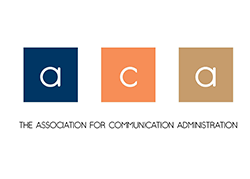Abstract
This article discusses the necessary education, skill and preparations a prospective law student should acquire. It is well established that the legal education focuses more on mastery of a method of thinking than on mastery of the subject matter. The substantive law is a twisting, turning, mutating thing whose interpretation and application may be subject to the whims, prejudices, or perversities of judges and juries. It cannot be fully known. The best that a good lawyer can do is to anticipate these whims, prejudices, and perversities and attempt to neutralize or counter whichever interpretations of the law may be adverse to the client's interest. This then is primarily what the new lawyer must learn: how to interpret, analyze, and anticipate. The legal education is a very fluid and flexible preparation for life. Its uses range from the eminently practical to the highly theoretical. The possessors of law degrees might find themselves actively practicing law, lobbying, teaching, governing, legislating, or managing. For the purpose of this inquiry, however, the focus shall be on the practicing lawyer. The practice of law tends to be divided into two categories: litigation and office practice. Office practitioner Gregory S. Feis explains the characteristics most valued in what he calls "transactional legal work." Besides preparing for and conducting the trial, litigators must frequently concern themselves with appellate practice. By this juncture, however, much of the legal research will have been done. What remains is for the attorney to step into the role of classical rhetorician and produce a carefully crafted technical argument.
Recommended Citation
Sellers, P. H. (1993). Teach them something they can use. Journal of the Association for Communication Administration, 22(2), 10–16.


